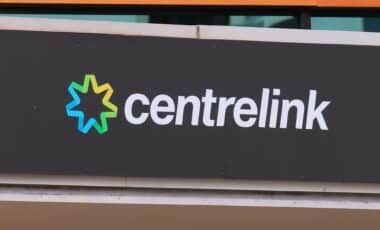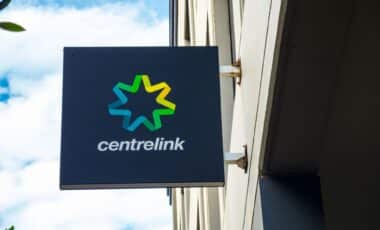The Australian government’s childcare subsidy reforms have provided cost relief to families while facing challenges in wage increases for early childhood educators. New data from the Department of Education highlights the financial benefits for households, as well as concerns regarding the rollout of promised pay increases for sector workers.
Savings for Families Under the Revised Subsidy System
Since September 2023, families earning up to $533,280 annually have been eligible for a childcare subsidy, with those earning up to $83,280 receiving a 90 per cent subsidy. The subsidy then decreases by 1 per cent for every additional $5000 in income.
For example, a household with a joint income of $120,000 has saved approximately $2768 per quarter on 30 hours of childcare per week, based on average fees of $411 per week. The policy aims to ease the cost of living pressures for families while contributing to a broader effort to develop a universal childcare system.
Government Investment in Childcare Infrastructure
As part of its long-term commitment to early childhood education, the Albanese government has pledged a $1 billion investment to build or expand over 160 childcare centres. The focus will be on co-locating new centres with schools to improve accessibility for families.
Prime Minister Anthony Albanese has described the policy as a crucial step in “building Australia’s future”, emphasizing its role in supporting children’s education and family financial stability.
Pay Increases for Early Childhood Educators: Concerns over Implementation
A key component of the government’s childcare policy is a 15 per cent wage increase for early childhood educators, rolled out in two stages—10 per cent in 2024 and an additional 5 per cent in December 2024.
However, Angie Bell, the Coalition’s spokeswoman for early childhood education, has criticized the slow implementation, stating that only 15 per cent of eligible workers have received the first increase. While 51 per cent of services have applied for the funding, Bell argues that the government has failed to deliver on its promise of a sector-wide pay boost by the end of 2024.
In response, Education Minister Jason Clare defended the wage policy, citing a 35 per cent increase in completed job applications and a decline in job vacancies by 2.5 per cent in December 2024. He asserted that the policy is effectively improving recruitment and retention in the sector.
Industry Response and Workforce Trends
Despite criticism of the wage rollout, Goodstart, one of Australia’s largest childcare employers, reported a 50 to 60 per cent increase in expressions of interest from potential workers. The government has urged all eligible centres to apply for funding to ensure that workers receive the full benefit of the pay increase.
Minister for Early Childhood Education Anne Aly emphasized the importance of sector-wide participation, encouraging centres that have yet to sign up to do so.









